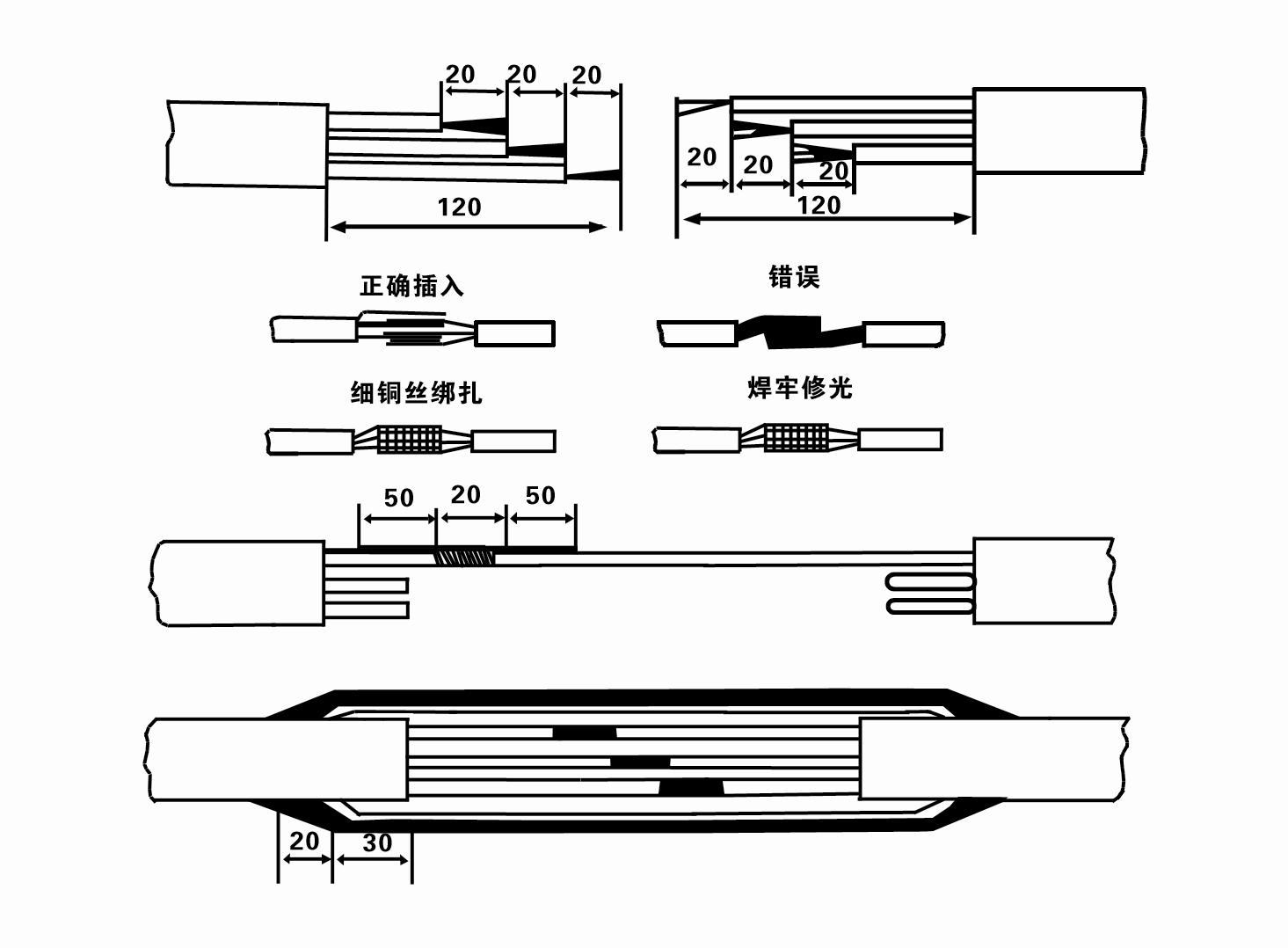Aug . 14, 2024 07:56 Back to list
Exploring the Benefits and Features of Waterproof Pumps for Various Applications and Environments
The Importance of Waterproof Pumps in Modern Applications
Waterproof pumps have become an essential component in various industries, serving crucial roles that ensure efficiency, safety, and reliability. These specialized pumps are designed to function effectively in wet environments, making them indispensable in fields such as construction, agriculture, mining, and industrial processes. Understanding the significance and applications of waterproof pumps can help industries optimize their operations and enhance productivity.
What Are Waterproof Pumps?
Waterproof pumps are designed to operate in submerged conditions without compromising their functionality. These pumps are built with materials and sealing mechanisms that protect the internal components from water ingress, ensuring longevity and reliability. Available in several types, waterproof pumps include submersible pumps, diaphragm pumps, and centrifugal pumps, each designed for specific applications.
Applications of Waterproof Pumps
1. Construction Sites One of the primary applications of waterproof pumps is in construction. Building projects often involve excavation and other activities that generate significant water accumulation. Waterproof pumps efficiently remove this excess water, preventing delays, structural damage, and safety hazards. Submersible pumps are particularly effective in dewatering trenches, basements, and tunnels.
2. Agriculture In agricultural settings, waterproof pumps play a critical role in irrigation systems. Farmers rely on these pumps to move water from rivers, lakes, or wells to their fields, ensuring crops receive adequate water supply. Waterproof pumps can also help drain excess water during heavy rains, protecting crops from waterlogging and maintaining optimal soil conditions.
waterproof pump

3. Mining Operations The mining industry often faces challenges related to water management. Waterproof pumps are vital for dewatering mines and extracting groundwater that can hinder operations. By efficiently managing water levels, these pumps enable safer working conditions and enhance the overall productivity of mining activities.
4. Flood Control and Management Core to disaster preparedness and response, waterproof pumps are instrumental in flood control systems. During heavy rainfall or natural disasters, these pumps help divert and manage excess water, mitigating the risks of flooding in urban areas. Portable waterproof pumps are especially valuable during emergencies, allowing for rapid response to water accumulation.
5. Aquaculture and Water Features In aquaculture, maintaining appropriate water levels and quality is crucial for the well-being of aquatic species. Waterproof pumps circulate and filter water in fish farms and other aquatic environments. They are also used in decorative water features such as fountains and ponds, ensuring a consistent flow and preventing stagnation.
Advantages of Waterproof Pumps
The benefits of using waterproof pumps extend beyond their fundamental functionalities. First, they provide a level of safety by reducing the risk of electrical hazards associated with standard pumps in wet environments. Second, waterproof pumps are often more energy-efficient due to their specialized designs, providing long-term cost savings for operators. Lastly, these pumps are constructed to withstand harsh conditions, offering durability and reliability in challenging environments.
Conclusion
In conclusion, waterproof pumps are vital tools that support a wide array of industries and applications. Their ability to operate effectively in submerged conditions enhances operational efficiency while promoting safety and reliability. As industries continue to innovate and expand, the demand for waterproof pumps is likely to grow, positioning them as crucial components of modern infrastructure and disaster management strategies. Investing in high-quality waterproof pumps can lead to improved productivity, reduced downtime, and safer working conditions, ultimately contributing to the success of various projects and operations around the world.
-
Submersible Water Pump: The Efficient 'Power Pioneer' of the Underwater World
NewsJul.01,2025
-
Submersible Pond Pump: The Hidden Guardian of Water Landscape Ecology
NewsJul.01,2025
-
Stainless Well Pump: A Reliable and Durable Pumping Main Force
NewsJul.01,2025
-
Stainless Steel Submersible Pump: An Efficient and Versatile Tool for Underwater Operations
NewsJul.01,2025
-
Deep Well Submersible Pump: An Efficient 'Sucker' of Groundwater Sources
NewsJul.01,2025
-
Deep Water Well Pump: An Efficient 'Sucker' of Groundwater Sources
NewsJul.01,2025
-
 Submersible Water Pump: The Efficient 'Power Pioneer' of the Underwater WorldIn the field of hydraulic equipment, the Submersible Water Pump has become the core equipment for underwater operations and water resource transportation due to its unique design and excellent performance.Detail
Submersible Water Pump: The Efficient 'Power Pioneer' of the Underwater WorldIn the field of hydraulic equipment, the Submersible Water Pump has become the core equipment for underwater operations and water resource transportation due to its unique design and excellent performance.Detail -
 Submersible Pond Pump: The Hidden Guardian of Water Landscape EcologyIn courtyard landscapes, ecological ponds, and even small-scale water conservancy projects, there is a silent yet indispensable equipment - the Submersible Pond Pump.Detail
Submersible Pond Pump: The Hidden Guardian of Water Landscape EcologyIn courtyard landscapes, ecological ponds, and even small-scale water conservancy projects, there is a silent yet indispensable equipment - the Submersible Pond Pump.Detail -
 Stainless Well Pump: A Reliable and Durable Pumping Main ForceIn the field of water resource transportation, Stainless Well Pump has become the core equipment for various pumping scenarios with its excellent performance and reliable quality.Detail
Stainless Well Pump: A Reliable and Durable Pumping Main ForceIn the field of water resource transportation, Stainless Well Pump has become the core equipment for various pumping scenarios with its excellent performance and reliable quality.Detail
